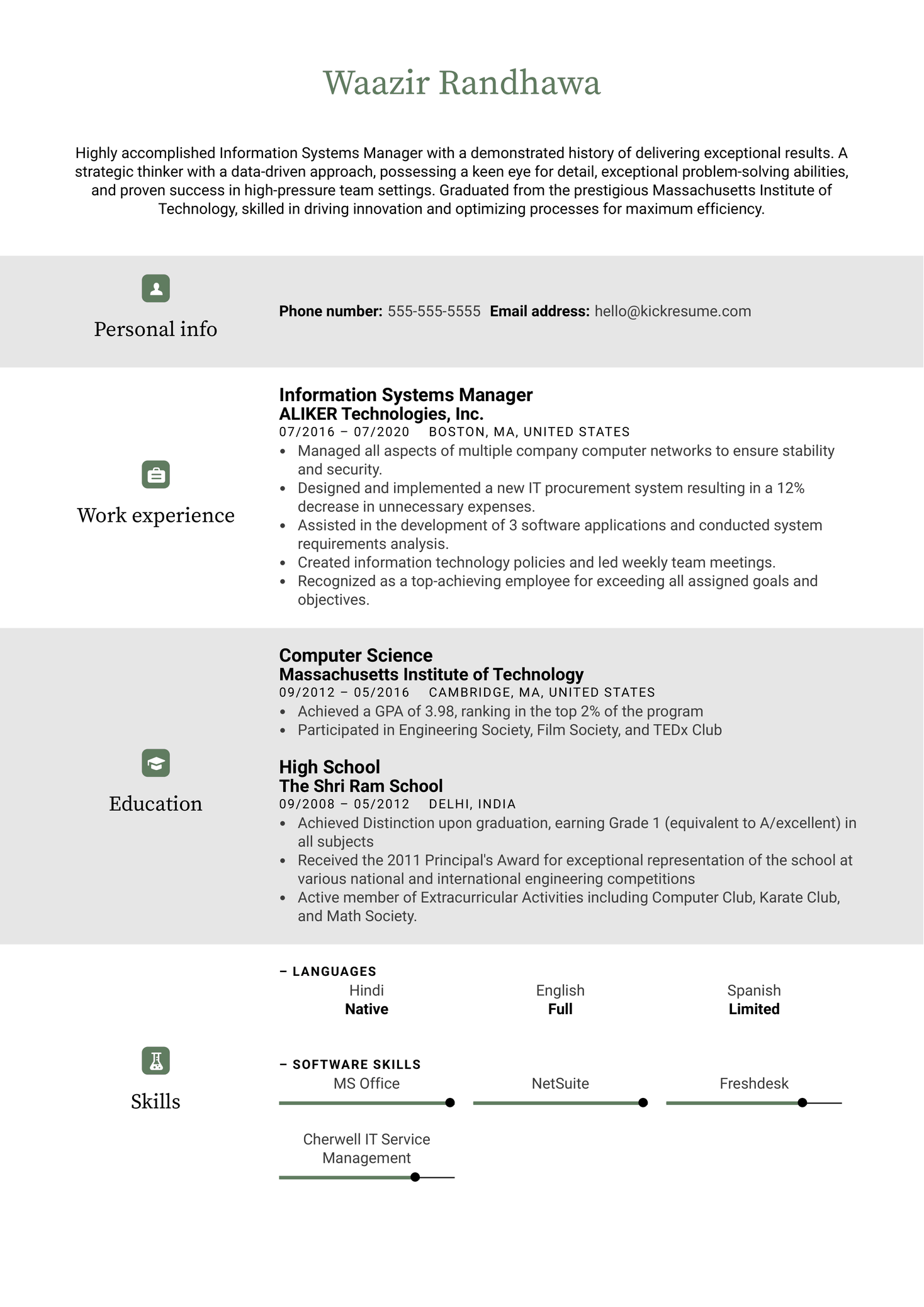Active Samples of Competition
Competitions are an essential part of various industries, including business, education, and creative fields. They promote innovation, encourage collaboration, and provide participants with inspirational challenges. In this article, we will explore various active samples of competitions, their structures, and the benefits they offer to participants. We will also delve into effective strategies for participating and succeeding in these competitions, backed by real-life examples and expert insights.
Did you know that competitions can significantly boost creativity and productivity among participants? According to a study by Stanford University, competitive environments can drive individuals to push their limits and produce exceptional results. This makes understanding how to approach competitions and which types to engage in even more important!
Understanding the Importance of Competitions
In today’s fast-paced world, competitions provide an avenue for individuals and teams to showcase their skills, talents, and innovations. Here are some key reasons why competitions matter:
- Fostering Innovation: Competitions push participants to think outside the box and come up with innovative solutions.
- Networking Opportunities: Participants often meet industry professionals, which can lead to collaborations and job opportunities.
- Skill Development: Competitions encourage personal growth and skill enhancement, contributing to the participant’s career progression.
- Recognition: Winning or participating in a competition can substantially enhance one’s resume and professional reputation.
Types of Competitions
Understanding the different types of competitions is crucial for selecting the right one for your skills and interests. Here are some popular types:
1. Academic Competitions
These competitions often take place in schools or universities and can cover a range of subjects, including mathematics, science, and writing. Academic competitions challenge students to apply their knowledge and problem-solving skills.
2. Business Competitions
These are geared towards aspiring entrepreneurs and business professionals. Participants may be tasked with creating a business plan or pitching a startup idea to a panel of judges. Examples include the Global Student Entrepreneur Awards.
3. Creative Competitions
From art contests to writing competitions, these events encourage creative expression. Participants can submit their work for review and may receive constructive feedback from judges.
4. Technology Competitions
Hackathons and coding contests fall under this category. Participants work in teams or individually to develop software, applications, or innovative tech solutions.
5. Sports Competitions
These range from local tournaments to international contests like the Olympics. Sports competitions promote teamwork and physical fitness while providing a platform for athletes to shine.
Benefits of Participating in Competitions
Taking part in competitions can be a transformative experience. Here are several notable benefits:
- Enhancing Teamwork Skills: Participating in team competitions fosters cooperation and communication among members.
- Building Confidence: Successfully completing tasks in competition settings boosts self-esteem.
- Learning from Feedback: Receiving constructive criticism from experts can significantly improve skills.
Effective Strategies for Competing
Having a strategy can make a significant difference in competitive environments. Below are some effective strategies to enhance your performance:
1. Research and Understand the Competition
Before participating, do thorough research on the competition. Understanding its structure, judging criteria, and previous winners can provide valuable insights.
2. Collaborate with Others
If the competition allows team participation, choose team members with diverse skills. Collaboration can lead to well-rounded solutions and more innovative approaches.
3. Practice and Prepare
Preparation is key! Regular practice and preparation can increase your confidence and ensure you are ready for any challenges.
4. Seek Mentorship
Engaging with a mentor who has prior experience in competitions can provide invaluable guidance and support.
5. Stay Positive and Resilient
Competitions can be stressful, and setbacks are common. Maintain a positive attitude and learn from each experience.
Real-Life Examples of Successful Competitions
Let’s look at a few examples of notable competitions that have inspired many participants:
1. XPRIZE Foundation
The XPRIZE Foundation designs competitions that encourage technological development to solve global challenges. Past competitions include the Ansari XPRIZE for private spaceflight.
2. The Google Science Fair
This global online competition invites students to submit their science projects. Many winners have gone on to pursue careers in STEM fields, inspired by their initial experiences.
3. The Intel International Science and Engineering Fair (ISEF)
ISEF is one of the largest international pre-college science competitions that promotes student research. Many participants receive scholarships and recognition that help propel their scientific careers.
Tips for Judging Competitions
For those involved in judging competitions, understanding how to evaluate submissions fairly is crucial. Here are some tips:
1. Establish Clear Criteria
Ensure that all participants know the judging criteria upfront. Clear metrics help maintain fairness in evaluation.
2. Encourage Constructive Feedback
Providing actionable feedback can improve future submissions and help participants grow.
3. Stay Objective
Judges should remain impartial and focus on the work presented, avoiding personal biases.
4. Engage with Participants
Encourage questions and engage with participants during the evaluation process, making it a two-way communication.
Conclusion
Competitions are not just about winning or losing; they are valuable experiences that provide numerous benefits for personal and professional growth. Whether it’s nurturing creativity, fostering teamwork, or building confidence, the active engagement in competitions can enhance skills that translate into real-world success. If you are considering entering a competition, take time to research, prepare, and collaborate with others. Remember, the journey can be as rewarding as the outcome.
For further reading, check out these informative articles: Understanding Business Competitions and Successful Student Competitions: Strategies and Tips.

In summary, embracing competitions can open doors you may never have imagined. So gear up, participate actively, and let your unique talents shine!
